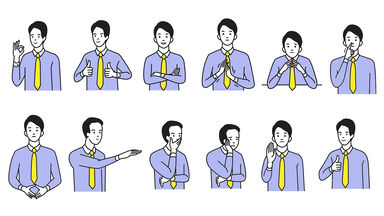Lock Definition
A surname.
(no longer productive) Action or proceeding, practice, ritual.
- To become embroiled in conflict.
- To engage in a long kiss.
- To the greatest or most complete extent; wholly:
an estate that was auctioned off lock, stock, and barrel.
- Securely locked up.
- to be sure of winning, gaining, or controlling
the other party has a lock on that Senate seat
Idioms, Phrasal Verbs Related to Lock
Origin of Lock
-
The etymology of the suffix is the same as that of the noun lāc "play, sport", also "sacrifice, offering", corresponding to obsolete Modern English lake (dialectal laik) "sport, fun, glee, game", cognate to Gothic laiks "dance", Old Norse leikr "game, sport" and Old High German leih "play, song, melody" (> Old French lai "song, lyric, poem, lay"). Ultimately, the word descends from Proto-Germanic *laikaz. Old English līcian ("to please", Modern English like) is from the same root. In modern English, the noun has been reintroduced through the cognate Swedish lek as a specialist term referring to mating behaviour.
From Wiktionary
Thus, the suffix originates as a second member in nominal compounds, and referred to "actions or proceedings, practice, ritual" identical with the noun lāc "play, sport, performance" (obsolete Modern English lake "fun, sport, glee", obsolete or dialectal Modern German Leich).
From Wiktionary
-
From Middle English -lok, -lak, -lac, from Old English -lāc (suffix denoting activity or action), from Proto-Germanic *laiką (“play, sport, activity”), from Proto-Indo-European *leig-, *loig- (“to bounce, shake, make tremble”).
From Wiktionary
Middle English from Old English loc bolt, bar
From American Heritage Dictionary of the English Language, 5th Edition
Middle English from Old English locc
From American Heritage Dictionary of the English Language, 5th Edition
Related Articles
Lock Is Also Mentioned In
Find Similar Words
Find similar words to lock using the buttons below.





